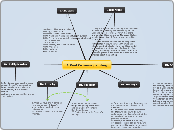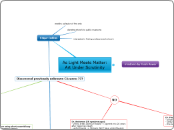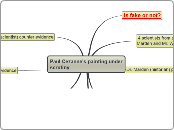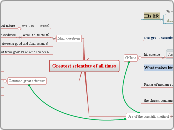por ALi Abd El-Latif 13 anos atrás
488
A Paul Cézanne painting
Discrepancies have arisen regarding the authenticity of a painting believed to be by Paul Cézanne, stirring debates among art experts. Dr. Simpkins' UV analysis suggests the painting is authentic, contradicting Dr.









